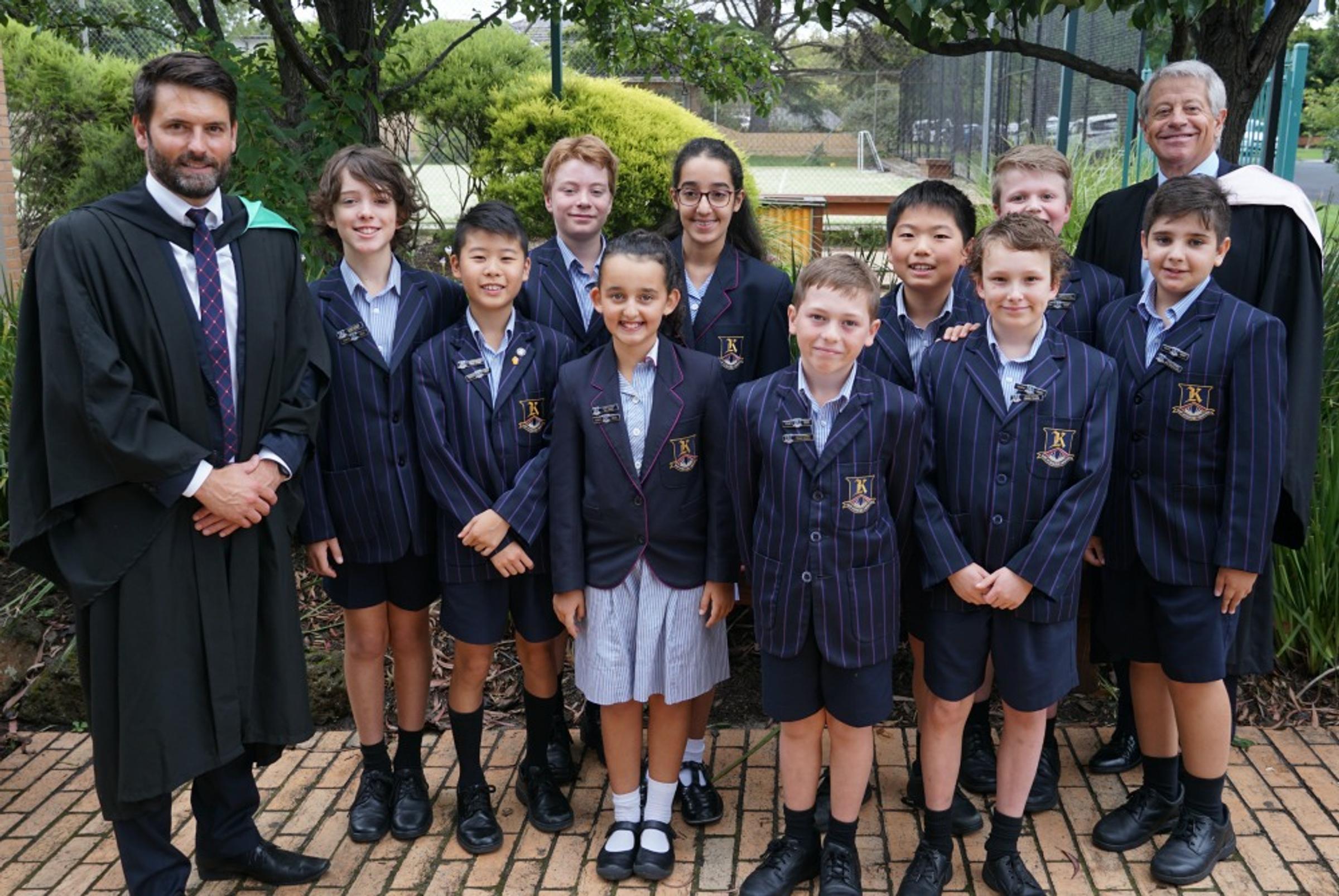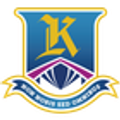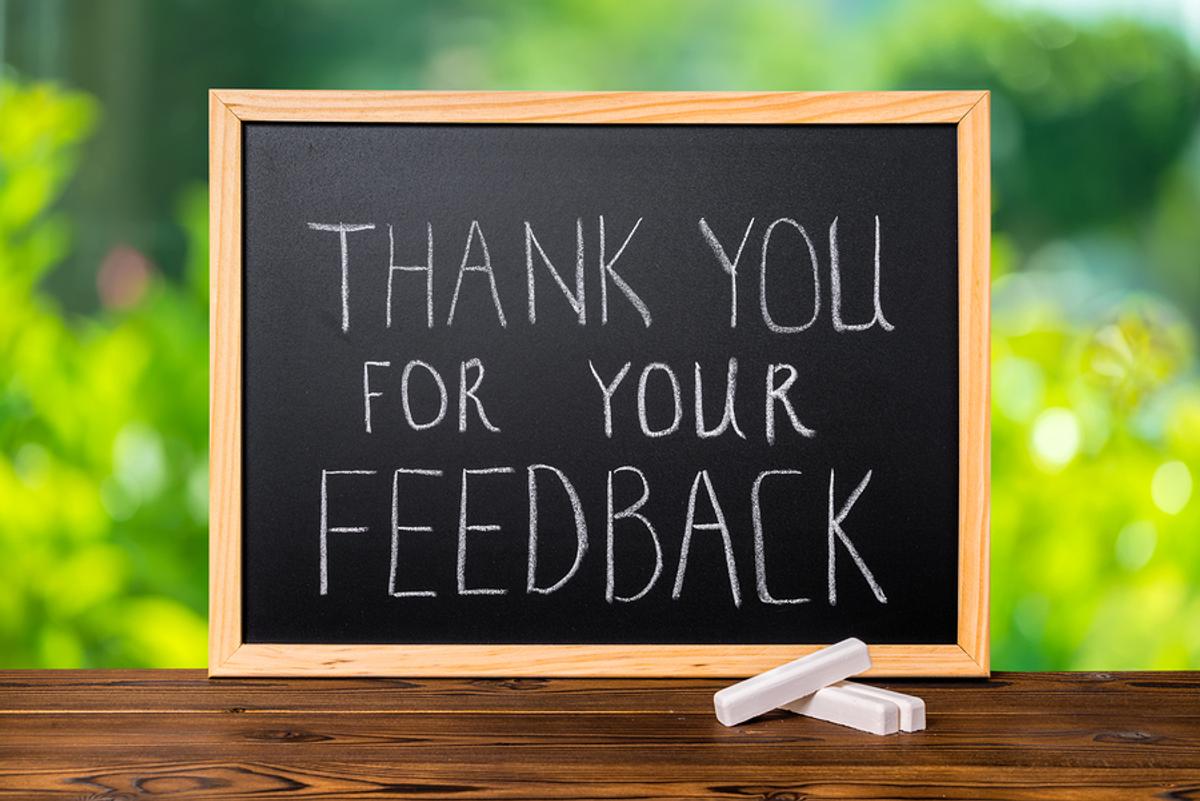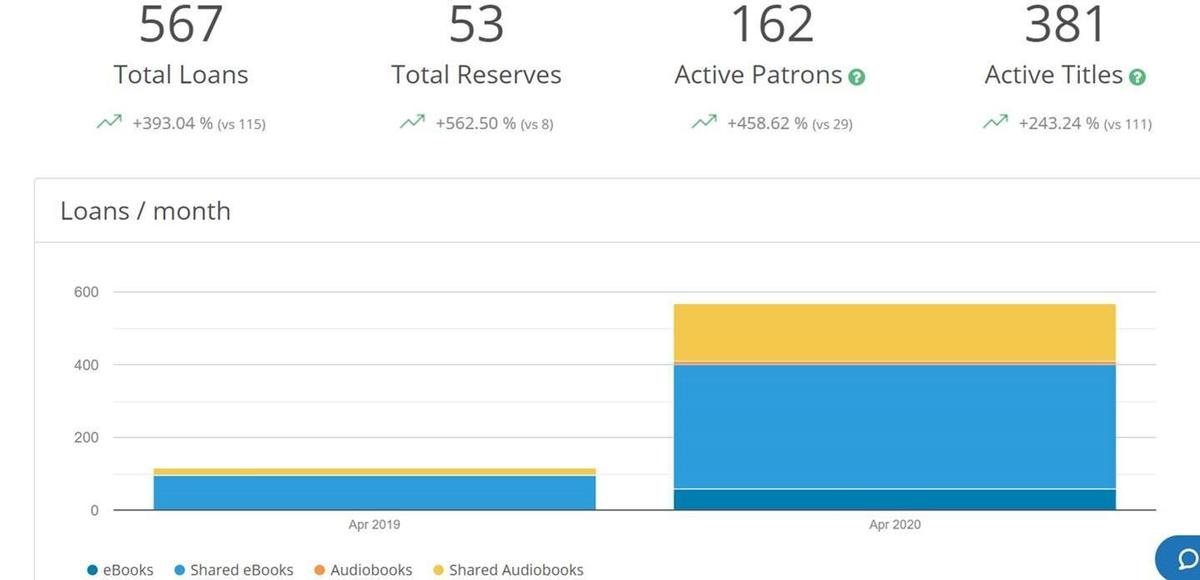From the Leadership Team

Should Health Trump Economics?
Jon Charlton, Principal
When two medical experts, at the top of their profession, give conflicting advice as to what to do in the middle of a pandemic - what do you do?
I speak of the Federal and State Chief Medical Officers ... the Federal Medical Chief Officer wants students and staff to return to school as soon as possible, as he deems the COVID-19 risk is low, while the State Chief Medical Officer suggests we wait a little longer.
Life is full of times when two people have different opinions about a matter, but somehow they need to work together and decide on a course of action. Sometimes one person’s argument will triumph over the other, sometimes middle-ground is found.
A person’s character traits often come into play. If risk is in the air, the person who is more adventurous tends to throw caution to the wind, while the more conservative type tends to err on the side of caution. When you throw the health and safety of an individual or a large group of people into the mix, the decision-making stakes become higher.
Personally, when it has come to the health and safety of others, I have always sided with a more cautious approach, no matter the cost. This is partly due to my makeup, but also due to my role, which is first and foremost about ensuring the health and safety of all members of our community. There is nothing to lose by being cautious in terms of peoples’ safety.
Consequently, I was most pleased that the Board, which met on Wednesday night for the AGM, decided not to take up this week’s offer of a funding advance payment from the Federal Government, which was conditional on students and staff returning to school in June.
Upfront money would usually be welcomed with open arms, but the Board and I are united in our belief, that despite the carrot of dollars, it should not come at the potential expense of anyone’s welfare.
We will continue to take the advice of the Chief Medical Officers, and while we are eager to have our students, staff and parents back to School, this will be contingent on an absolute belief that the risks are negligible.
I will continue to provide you with updates as quickly as possible so that you can plan for a back to school date.
In the meantime, stay healthy, connected and safe.
Remote Learning Platform Survey
Davina McClure, Deputy Principal
Last week, you were invited to provide feedback on how your child/ren and family are faring with Kilvington’s Remote Learning Platform. More than 335 families and 250 students (Years 5 to 12) responded to the surveys. The feedback has been overwhelming positive, which affirms the incredible work of students, staff and parents.
Thank you for taking the time to complete the surveys, and the thoughtful and considered suggestions which we will incorporate into the program to help improve the experience of remote learning for all.
'Read, Read, Read; You Can’t Do Too Much Of This!'
I was recently heartened to hear news from our Head of Library and Digital Resourcing, Kathryn Schravemade, that eBook borrowings from the Library and McKie Resource Centre have gone through the roof! So much so, that we are in the process of upgrading our subscription to meet the high demand from students.
Please see her article at the end.
The intrinsic value of reading for leisure in enhancing a student’s academic ability and literacy skills is well documented (Clark & Rumbold, 2006; Whitten, Labby & Sullivan, 2016).
Whilst remote learning has generated the need for teachers and students to be adaptive in many ways, the foundation skill of reading is one that can and should be encouraged, practised and enjoyed now more than ever. At a time when learning is looking so different, reading has the capacity to yield so much educational value.
Educator Karen Green’s advice for parents supporting learning from home is, 'Read, read, read; you can’t do too much of this!' How true this is. 'Through independent reading, children gain a wealth of background knowledge about many different things, come to understand story and non-fiction structures, absorb the essentials of English grammar, and continuously expand their vocabularies.' (Strauss, 2014, para. 9)
I’m certain that many Kilvington families already have a reading time built into their evening routine. As a mother, I remember this being a very special time of connection with my children. The discussions that emanated from our reading would often help us to question and affirm our thinking as a family. Let’s utilise this extended remote learning period to embrace reading in the home like never before.
Words that Heal
Year 11 student and English Co-Captain, Jake Fitzgerald, is very eager to play a leading role in enriching the life quality for his friends, fellow students and the Kilvington Community by using literature as a conduit.
In Year 9, Jake implemented Words that Heal during his Challenge Program with nursing home residents at Bupa Aged Care Windsor. It attracted wonderful feedback and personal reward for Jake. Words that Heal is a wellbeing focused book program involving imaginative literature read aloud, followed by discussion around meaning.
This week, English Co-Captains, Jake and Amy Catrice launched Words that Heal as a remote learning co-curricular activity. Every Wednesday lunchtime, Years 7 to 10 students are invited to meet online to listen to poetry, short stories and novel extracts read aloud.
This is followed by open discussions, as students respond to what they have listened to. For some, this may be to voice their thoughts. For others, it may be to listen to other people’s thoughts. The program promotes positive wellbeing, with the aim to enrich and lift the spirit.
New Co-Curricular Timetable
To complement Kilvington’s academic program, currently being delivered via our Remote Learning Platform, we are pleased to announce our updated co-curricular timetable.
With limited opportunity for social connection and the challenge of a new way of learning, co-curricular activities are an important way for your child to connect with others outside of the academic program.
I’d like to acknowledge our Student Leaders for their proactivity and input into creating such an engaging and contemporary co-curricular program.
The timetable is attached below and can also be accessed via KCEE.
Sources:
Clark, C., & Rumbold, K. (2006). Reading for pleasure: a research overview. National Literacy Trust.
Green, Karen. Five Tips for Parents to Support Learning at Home. Retrieved from
https://www.theparentswebsite.com.au/five-tips-parents-support-learning-home/
Strauss, V. (2014, September 8). Why kids should choose their own books to read in school. The Washington Post. Retrieved from http://www.washingtonpost.com/blogs/answersheet/wp/2014/09/08/why-kids-should-choose-their-own-books-to-read-in-school/
Whitten, C., Labby, S., & Sullivan, S. L. (2016). The impact of pleasure reading on academic success. The Journal of Multidisciplinary Graduate Research, 2(4), 48-64.
Demand of Library Resources Escalates
Kathryn Schravemade, Head of Library and DigitalResourcing
One of the great outcomes from our current health crises has been the dramatic increase in reading and listening.
We have seen a significant increase in the fiction e-Resources being borrowed from the Library with nearly 600 eBooks and audiobooks being borrowed across Years 1 to 12 in April alone. This number is greater than the total fiction loans (e-Resources and physical fiction combined) in the same month last year, in which, only 105 of those were e-Resources.
Borrowers are still preferring to read eBooks, however, we have seen a sizeable increase in the popularity of audiobooks with 159 loaned this month, compared to 20 in the same month last year.
Keep it up!





